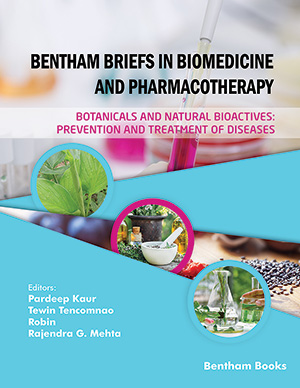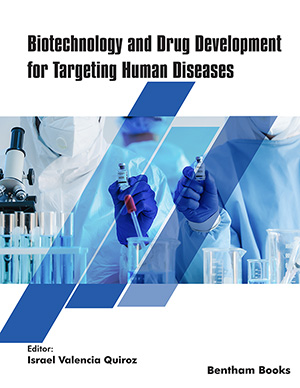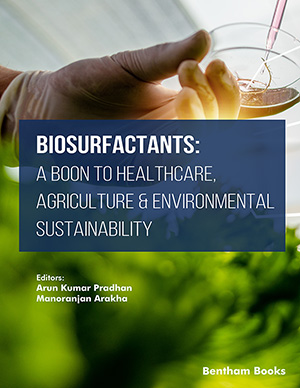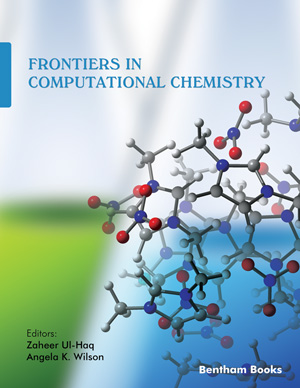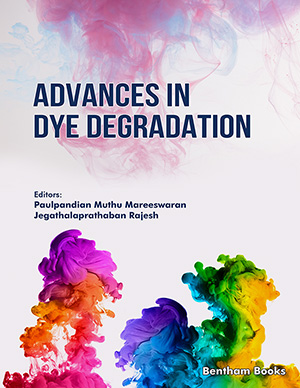Abstract
The anticancer activity of mistletoe (Viscum album L.) lectins and proteins extracts has been demonstrated in numerous in vitro and in vivo studies, including the validation of their clinical efficacy. Mistletoe tissue culture has been suggested as an approach for standardizing lectin biosynthesis, while the biosynthesis of novel lectins through somaclonal variation, i.e. the epigenetic modulation of the genome in vitro has also been demonstrated. However, the tumor cytotoxic properties of these novel molecules have not been assessed. PC12 pheochromocytoma and RAW 264.7 macrophage cell cultures were treated with protein extracts from “normal” and somaclonally variant mistletoe callus cultures, as well as donor plants used as positive control. Mistletoe callus-derived extracts demonstrated a concentration-dependent cytotoxicity in cancer cell lines, which was significantly higher compared to donor plants. Extracts from somaclonal cultures were even more potent against tumor cells. Our results suggest that somaclonally variant mistletoe callus cultures could be used as potential cell factories for the production of novel anticancer proteins.
Keywords: Biotechnology, callus culture, cancer, in vitro cytotoxicity, mistletoe (Viscum album L.), somaclonal variation.















